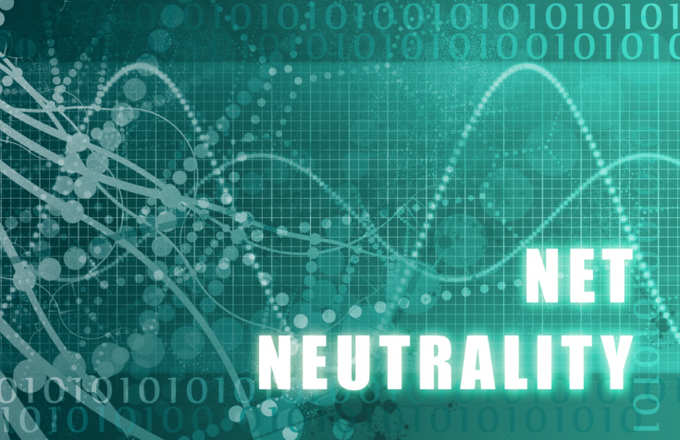 Apart from PM Modi’s foreign jaunts, Raffale deal and the economic status of Dassault company; Indians on the net are busy discussing and debating something else. This time, it is not ‘my way or highway’ kind of a speech. They are seriously drawing up petitions, waking up those in net slumber to get up and vote for a level playing ground as far as
Apart from PM Modi’s foreign jaunts, Raffale deal and the economic status of Dassault company; Indians on the net are busy discussing and debating something else. This time, it is not ‘my way or highway’ kind of a speech. They are seriously drawing up petitions, waking up those in net slumber to get up and vote for a level playing ground as far as Before we get to the discussion on the significance of net neutrality, it is important to understand why it became such a raging debate in India and US, while China and UK have largely remained aloof from this matter. In US, the Federal Communications Commission recently released detailed report on how it would regulate internet service providers as a public utility. Has this made things better? Well, for starters, the entire thing looks all set for a legal battle in the days to come.
Right now net neutrality sounds perfectly delicious. More or less like a free meal which we have been savouring so far, without knowing it was free. Or, was it, really?
When the
For a large section of society which is still out of the clutches of the internet, and smartphones; net neutrality doesn’t mean a thing.
Again, for those whom it matters; net neutrality is some sort of a lifeline since they anticipate that the internet may not function as efficiently as it does now. Like a level playing field. And guess what, they are right to a large extent!
UK has remained aloof to this entire net neutrality thing owing to the fact that internet itself is in knots over there. In simple words, it’s anarchic. Or, even better way of putting it would be to understand that UK, and other countries such as Japan, and South Korea etc have known that the consumers are well prepared to pay for a few services which can be far more efficient than the others. So, net neutrality falls flat in such cases. Things could change for better, but people may have to wake up before they are taken for a ride too far.
In India, the wake up call has been sounded and various internet activists have been making sounds about retaining the net neutrality – which is about providing uniform space for communication using the internet. This means the service provider should allow equal speed access to all the sites as desired by the consumer/customer as he/she pleases without influencing the decision or forcing the person to change the course.
If net neutrality is compromised with, it is bound to make some services costlier than the others by which way there would be huge disparity in the way ecommerce is growing in India. For instance, Flipkart has already said it would go with differential pricing. Same isn’t the case with Zomato which is still finding its feet in the net world.
At a basic economic level, net neutrality makes sense for Indian market because it seems like it posts huge savings for the various age groups of people who access the net – through their phones or personal computers. Right now, one can buy a recharge pack at highly affordable prices. Differential pricing may actually kill this market, thus posting heavy loss to the telecom industry and mobile operators.
The way things are proceeding, looks like the progress that was achieved through mobile portability or the sense of democracy that came with it, would be undone with net neutrality coming down.
Tearing into the territory of ‘level playing field’ would be difficult since smartphone users are also aware of the economy boost they are providing. But, to understand that economy will find new ways to grow and will turn innovative to make new forays is a simple thing. Whether India will retain its net neutrality today only to undo it tomorrow is a million dollar question. Whatever may be the outcome of this battle; one thing would be clear. When it comes to internet, people rule the roost.
Image: thinkstock